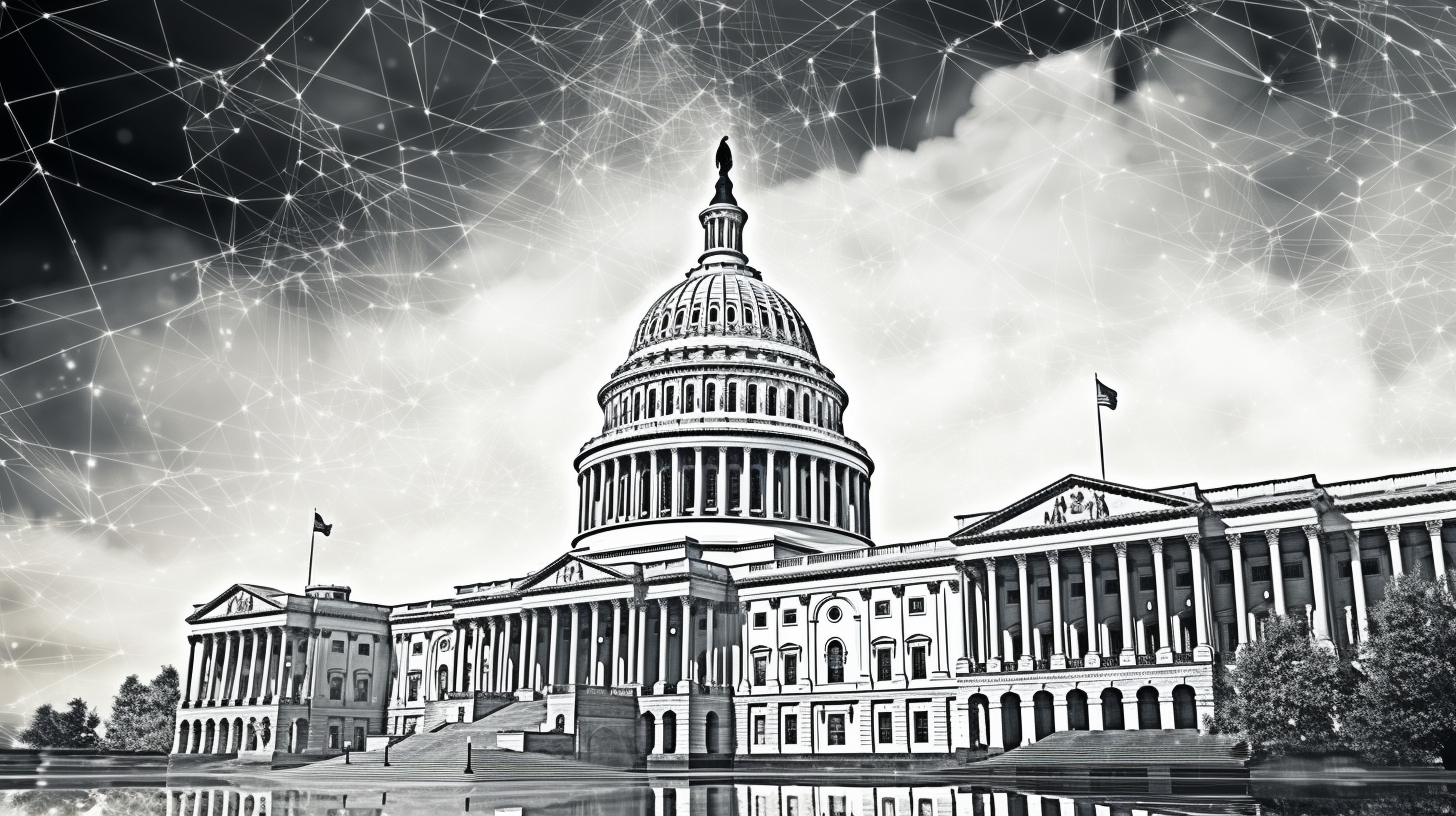- Shyft Network
- Posts
- Veriscope Regulatory Recap: 28th November to 10th December
Veriscope Regulatory Recap: 28th November to 10th December
Welcome to the latest edition of our Veriscope crypto regulatory newsletter!

Welcome to our latest edition of Veriscope Regulatory Recap, where we explore recent crypto regulatory shifts from around the world. In this edition, we are analyzing the recent blockchain regulatory moves from Spain, Kenya, Ghana, and the United States. Join us as we examine these changes and their implications for the global digital asset market.
Crypto Legislation Continues Gaining Momentum

Europe: In Spain, Agencia Tributaria, the country’s tax administration agency, made it compulsory for Spanish residents to declare crypto-assets held on non-Spanish platforms. However, it will only apply to individuals who cross a certain threshold, a balance exceeding US$55,000 in crypto assets. The new regulations will be effective from January 1, 2024.

(Image Source)
Africa: Meanwhile, in a similar vein, last week, Kenya witnessed similar potential enforcement of regulations when the country’s National Assembly’s Finance and National Planning Committee approved the publication of the Capital Markets (Amendment) Bill, seeking to bring crypto trading under taxation.
The bill came as a proposal from a local Kenyan legislator, seeking taxation of crypto exchanges and digital wallets. If effective, the proposed amendment bill will allow the Kenya Revenue Authority to tax Kenyans who hold crypto assets.
Efforts to regulate the digital assets space could also be seen in Ghana, where Daniel Ogbambey-Tetteh, the Director-General of the Securities and Exchange Commission of the country, recently announced the commissioning of a task force to look after efforts towards regulating the space and minimizing potential harm to investors.
The Director-General announced investments in human capital development to meet the needs of the task force and related plans, along with a digitalization program. He also spoke of setting up a risk-based supervision framework to seamlessly migrate from the compliance-based supervision mode.
North America: Amidst worldwide talks of compliance, regulation, and supervision, the United States House Committee on Energy and Commerce unanimously passed a blockchain bill titled “Deploying American Blockchain Act of 2023.” And while the Committee has already passed the draft bill 46 votes to 0, it is awaiting a full house vote.
Kenya’s Digital Currency Bill: A Detailed Look
A primary aspect of Kenya’s Digital Currency Bill is the requirement for digital currency licensees to register with the Capital Markets Authority. If approved, licensees will have to maintain detailed transaction records and pay taxes on capital gains from these transactions, promoting transparency and contributing to the national revenue.
Another significant measure that the proposed bill will enforce is requiring crypto holders to disclose comprehensive details for taxation purposes, such as the amount and types of cryptocurrencies owned, dates of acquisition and sale, transaction proceeds, and associated costs. While this does promote fiscal responsibility and prevent tax evasion, it also imposes an administrative burden on crypto holders and could be seen as an invasion of privacy.

Additionally, the bill proposes a capital gains tax on the increased market value of crypto during transactions, aligning with the existing practice where banks deduct a 20% excise duty on all transaction commissions and fees. This could potentially stabilize revenue from fluctuating market values but may also discourage investment in digital currencies due to increased taxation.
Overall, while the bill seeks to bring order and accountability to the burgeoning digital currency market in Kenya, it also introduces complexities and potential deterrents for crypto investors and users. Hence, the balance between regulation and innovation will be key to the bill’s success and its impact on Kenya’s digital asset landscape.
US Lawmakers Introduce Blockchain Bills: What’s in Store

In the United States, Representatives Larry Bucshon and Lisa Blunt Rochester have introduced two key pieces of legislation aimed at enhancing blockchain technology use.
The first, backed by Rep. Bucshon, focuses on better identifying supply chain risks to keep the US competitive in emerging technologies. This act promises improved national security and economic stability but may require significant resources and increased regulatory oversight.
The second bill proposes the Secretary of Commerce to be the primary advisor to the President on blockchain and DLT policies, with the authority to form advisory committees. This could centralize and streamline blockchain strategy, fostering innovation. However, it raises concerns about potential bureaucratic inefficiencies and over-regulation.

(Image Source)
Under the Deploying American Blockchains Act, the Secretary of Commerce would establish best practices for blockchain deployment, assisting both the public and private sectors. Although this initiative could drive technological advancement, it also faces challenges in balancing innovation with regulation and privacy concerns.
Interesting Reads
__________________________
VASPs need a Travel Rule Solution to comply with the FATF Travel Rule. Have you zeroed in on it yet? Check out Veriscope, the only frictionless crypto Travel Rule compliance solution.
Follow us on X (Formerly Twitter), LinkedIn, Telegram, and Medium for up-to-date news from the world of crypto regulations. To keep up-to-date on all things crypto regulations, sign up for our newsletter.